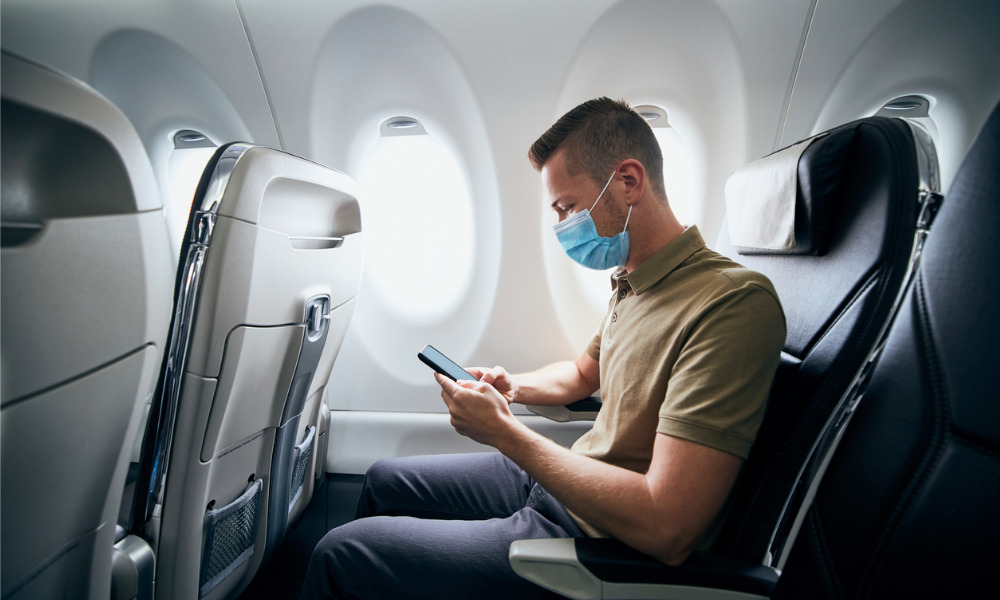Domestic travel on agenda for many employers but international travel ‘a waiting game’

Two-fifths (40 per cent) of employers say their company’s plan to resume non-essential domestic business travel has “already happened,” up from 34 per cent last month, according to a report from the Global Business Travel Association (GBTA).
Another eight per cent have finalized the date for the resumption, with 25 per cent working to finalize a date.
Only one-quarter are “waiting to see what happens” (18 per cent) or are “not sure” (six per cent). Almost three-quarters of the poll respondents say their company has resumed non-essential domestic business trips or is working to finalize a date to resume these trips.
“After a spring marked by growing optimism in most regions, many companies are now making plans to resume business travel – especially in the U.S. and Europe,” says Suzanne Neufang, GBTA CEO.
“Optimism has given way to action, and the gradual support of corporate policies to resume business travel has actually begun. While this is an important breakthrough, our research says it will take some time for companies to allow as many trips – or even the same kind of travel – as they did before the pandemic.”
Canadian HR Reporter previously spoke with an expert for answers to five key questions about business travel in the pandemic.
Encouragingly, more than three-quarters (77 per cent) of GBTA buyer and procurement members feel their employees are “somewhat willing” or “very willing” to travel for business in the current environment, up 12 per cent since May.
International travel concerns
However, there is still caution around cross-border travel.
Only 12 per cent say their plan to resume non-essential international business travel has already happened and just five per cent have set a resumption date.
While 21 per cent are trying to figure out a resumption date, 39 per cent are still on wait and see mode while 23 per cent remain unsure, found the survey of 640 respondents globally in June.
HR plays an even more important role with business travel, said one expert in an interview with Canadian HR Reporter.
Safe travels
There are several ways employers can ensure employees who go on business trips are safe, according to Travelstop:
- Create a fool-proof corporate travel policy so you don’t miss any important steps.
- Make an inclusive duty-of-care policy that considers employees’ varied needs.
- Do proper travel risk management to train and educate employees on emergency response.
- Do your research on each travel location to identify potential risks.
- Prepare emergency travel resources such as important hotlines, locations or apps.




